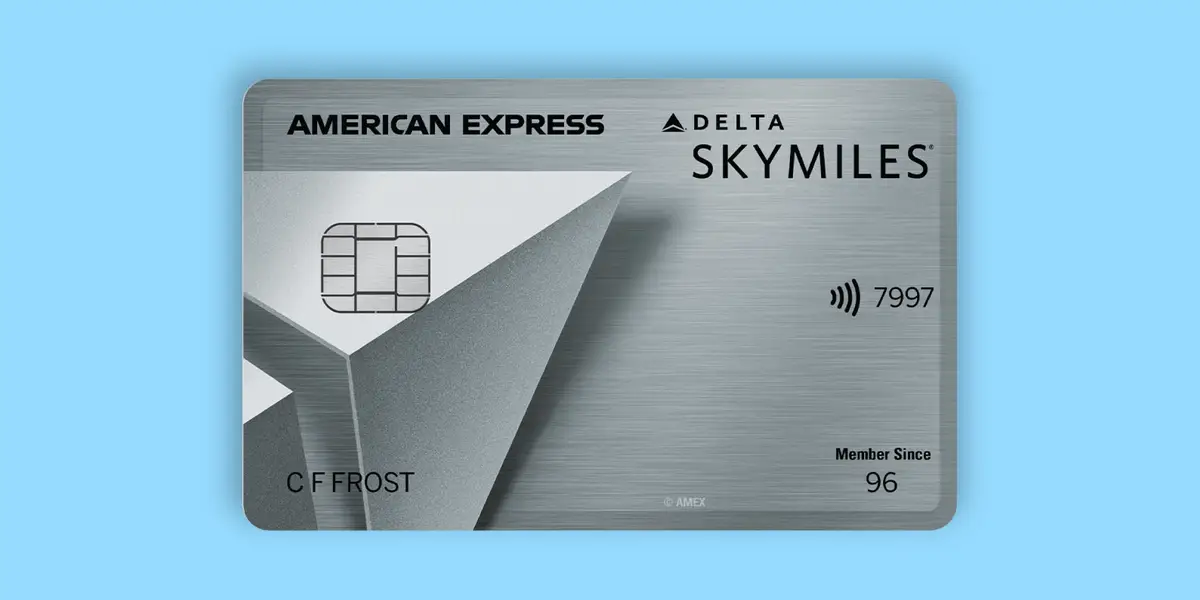The Benefits and Drawbacks of Using Credit Cards in Personal Financial Management

Understanding Credit Cards
Credit cards have become an essential financial instrument for many individuals, providing a seamless way to manage everyday expenses and larger purchases. With their increasing prevalence, it’s important to grasp how they operate, including the associated benefits and potential pitfalls. This understanding can help consumers navigate their personal finances more effectively, leading to better decision-making.
Benefits of Using Credit Cards
- Convenience: One of the major advantages of credit cards is their convenience. Instead of fumbling for cash or coins, cardholders can quickly complete transactions with just a swipe or a tap. This is particularly useful for online shopping, where electronic payments are the norm. Additionally, the ability to pay for goods and services without immediate cash outflow can be a significant advantage for budgeting.
- Rewards Programs: Many credit cards come with attractive rewards programs, allowing users to earn points, miles, or cashback on their purchases. For instance, a card might offer 2% cashback on groceries and 1% on other expenses. Over time, these rewards can accumulate and be redeemed for travel, gift cards, or even statement credits, effectively providing added value for everyday spending.
- Building Credit History: Responsible credit card usage is crucial for building a healthy credit history. Timely payments and maintaining a low balance compared to your credit limit can positively influence your credit score. This, in turn, opens the door to better loan options and interest rates in the future, making it easier to achieve financial goals such as buying a house or a car.
Drawbacks of Using Credit Cards
- High Interest Rates: While credit cards can be convenient, they often come with high-interest rates. If you fail to pay off your balance in full each month, the interest can accrue rapidly. For example, if you have a balance of $1,000 with an annual interest rate of 20%, you could end up paying $200 in interest over a year if not paid off, which significantly inflates the cost of purchases.
- Debt Accumulation: The ease of using credit cards can also lead to overspending, especially when individuals do not track their expenses closely. It’s all too easy to accumulate large amounts of debt, particularly if one relies on credit cards for purchases without a clear repayment plan. This can create a cycle of borrowing that is hard to escape.
- Impact on Credit Score: Missing payments not only incurs late fees but can also lead to a decrease in your credit score. A lower score can hinder your ability to secure loans or result in higher interest rates, making it crucial to stay on top of credit card payments and monitor your credit score regularly.
To navigate personal finance successfully, it’s essential to weigh these pros and cons carefully. By understanding how credit cards work and recognizing their potential impact on your financial situation, you can make informed choices that align with your financial objectives. Whether you’re looking to build credit, earn rewards, or manage everyday spending, staying educated about credit cards will greatly enhance your financial well-being.
Evaluating the Benefits of Credit Cards
Understanding the benefits of credit cards is crucial for making informed financial decisions. When used wisely, credit cards can be a powerful tool for managing personal finances, and they offer several advantages that may enhance your financial experience.
Advantages Explored
- Cash Flow Management: Credit cards allow individuals to manage their cash flow more effectively. For instance, you can make necessary purchases immediately, even if you may not have the cash on hand at that moment. This is particularly useful for larger expenses like emergency repairs or medical bills, where immediate payment is necessary. By using a credit card, you can pay for the item now and plan to settle the bill later when financial circumstances allow.
- Fraud Protection: Credit cards often come with robust fraud protection policies. Many credit card issuers monitor transactions for suspicious activity and can quickly alert you in case of a potential compromise. If unauthorized purchases are made, consumers are typically not held liable for charges that were not authorized, offering peace of mind when it comes to security compared to cash or debit transactions.
- Financial Tracking: Credit card statements provide a detailed overview of your spending habits, which can assist in budgeting. By reviewing your monthly statements, you can identify areas where you may be overspending and adjust your financial behavior accordingly. These insights can be pivotal in setting financial goals and adhering to a budget.
Recognizing the Drawbacks of Credit Cards
Despite the many benefits associated with credit cards, there are also significant drawbacks that users must understand. These disadvantages can lead to severe financial consequences if not managed wisely.
Challenges to Consider
- Temptation to Overspend: One of the inherent risks of using credit cards is the temptation to overspend. Because they allow users to make purchases without immediate cash, it can be easy to lose track of how much you’re spending. For example, a trip to a store might lead you to buy items you wouldn’t normally purchase if you were limited to cash. This can quickly spiral into debt if not monitored carefully.
- Fees and Charges: Credit cards can also carry various fees, including annual fees, late payment fees, and foreign transaction fees. These additional costs can quickly accumulate, particularly if you are not vigilant about payment deadlines or fail to utilize the card’s benefits effectively. Knowing these costs upfront can help you avoid unexpected expenses down the line.
- Impact on Mental Health: Managing credit card debt can be a significant source of stress and anxiety for many individuals. The constant worry about outstanding balances and the pressure to make timely payments can take a toll on your overall well-being. Therefore, it is vital to assess your credit habits and ensure that you maintain a healthy relationship with credit cards.
In summary, while credit cards offer numerous advantages that can simplify financial management and build credit history, they also come with serious drawbacks that can lead to financial strain. By weighing these benefits and challenges, individuals can make informed decisions about their use, ensuring that credit cards enhance rather than hinder their financial wellness.
Understanding the Impact of Credit Card Use
To further comprehend the complete picture of utilizing credit cards, it’s essential to explore both the small-scale and large-scale implications of their use on personal financial management. Recognizing these factors can help you navigate the complex world of credit cards more proficiently.
Broader Implications of Credit Card Usage
- Building Credit History: Using credit cards responsibly can significantly contribute to building your credit history. Timely payments and maintaining a low credit utilization ratio—meaning using a small portion of your available credit—can boost your credit score. A higher credit score can make it easier to secure loans for big life purchases such as a home or car. For example, if you apply for a mortgage with a score over 740, you may qualify for lower interest rates, ultimately saving you thousands of dollars over the lifetime of that loan.
- Rewards and Benefits Programs: Many credit cards come with rewards programs, offering cash back, travel points, or other perks for every dollar spent. Depending on your lifestyle, these rewards can be advantageous. For instance, if you frequently travel for work or leisure, points earned on your travel credit card could lead to free flights or hotel stays down the line. This can enhance the value of your purchases, allowing you to enjoy experiences that are otherwise financially burdensome.
- Emergency Funds: Credit cards can act as a safety net during financial emergencies. When unexpected expenses arise, having a credit card can provide immediate access to funds without the need to dip into savings. This is crucial if your emergency savings are not sufficient to cover necessary costs such as car repairs or unforeseen medical bills. However, balance management remains essential to avoid accumulating high-interest debt.
- Difficulty in Monitoring Spending: While credit cards can provide valuable insights through statements, the easy access to credit may lead to complacency in monitoring overall spending. Unlike cash transactions that give a tangible sense of expenditure, credit usage can sometimes create a disconnect between spending and available funds. Thus, it’s critical to set up alerts or use budgeting applications to stay on top of credit card expenses.
- Interest Rates and Debt Cycles: If credit cards are not paid off in full each month, the high-interest rates can lead users into overwhelming debt cycles. The average credit card interest rate in the United States can range anywhere from 15% to 25% or even higher depending on your credit score. This compounded interest can cause an initial small purchase to snowball into a large financial burden if not addressed promptly.
By weighing the benefits against these broader financial implications, individuals can develop a nuanced understanding of credit cards as a component of their financial management strategy. Making informed choices about credit can lead to improved financial stability, providing both immediate and long-term rewards while minimizing potential pitfalls.
DISCOVER MORE: Click here to learn how credit cards can affect your score
Conclusion
In summary, credit cards can serve as valuable tools in personal financial management when used wisely. They offer significant advantages such as building credit history, earning rewards, and providing financial flexibility in emergencies. These benefits can lead to not only improved credit scores but also enhanced purchasing power and the potential for cost savings on loans. However, it is crucial to recognize the drawbacks associated with credit card use, particularly the risk of high-interest debt and the challenge of monitoring spending effectively.
To use credit cards constructively, individuals should ensure they pay off their balances regularly and utilize effective budgeting strategies. This proactive approach minimizes the likelihood of falling into debt cycles and allows consumers to take full advantage of the benefits without incurring substantial financial risks. Furthermore, fostering awareness of one’s credit utilization and spending habits can facilitate greater financial responsibility.
Ultimately, the decision to use credit cards should align with one’s individual financial goals and situation. By understanding both the advantages and potential pitfalls, individuals can make informed choices that enhance their financial well-being, paving the way for a more secure economic future. Credit cards, when handled with care, can be an integral component of a comprehensive personal finance strategy.


